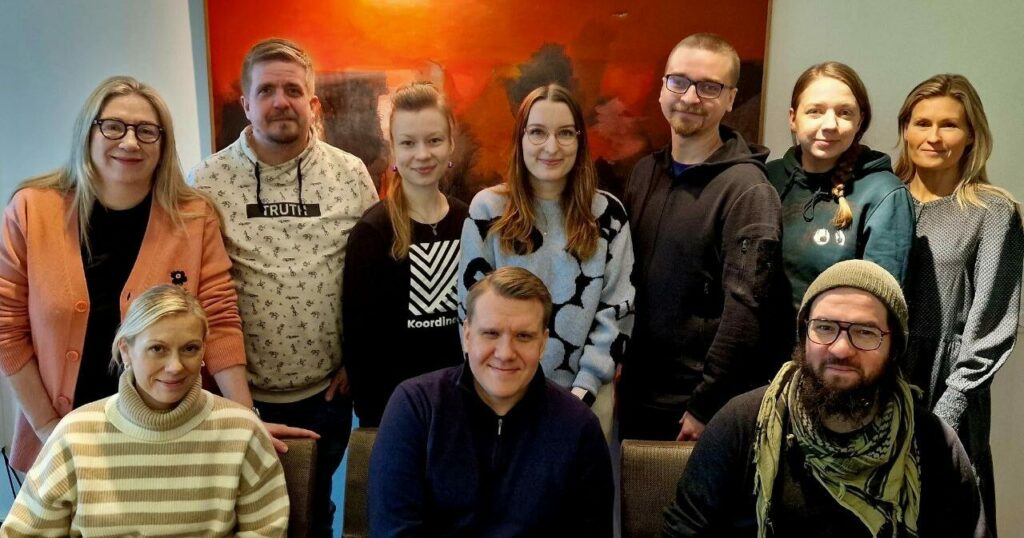In March 2020, the Ministry of Education and Culture established six youth work centres of expertise, each consisting of a group of several operators. The centres of expertise develop and promote competence, expertise and communications in the field of youth work in accordance with the Youth Act.
In 2020–2023, the Centre of Expertise for Digital Youth Work will comprise Verke, administered by the City of Helsinki, and Koordinaatti, administered by the City of Oulu. Verke is the administrator for the centre and is responsible for reporting to the Ministry of Education and Culture.
